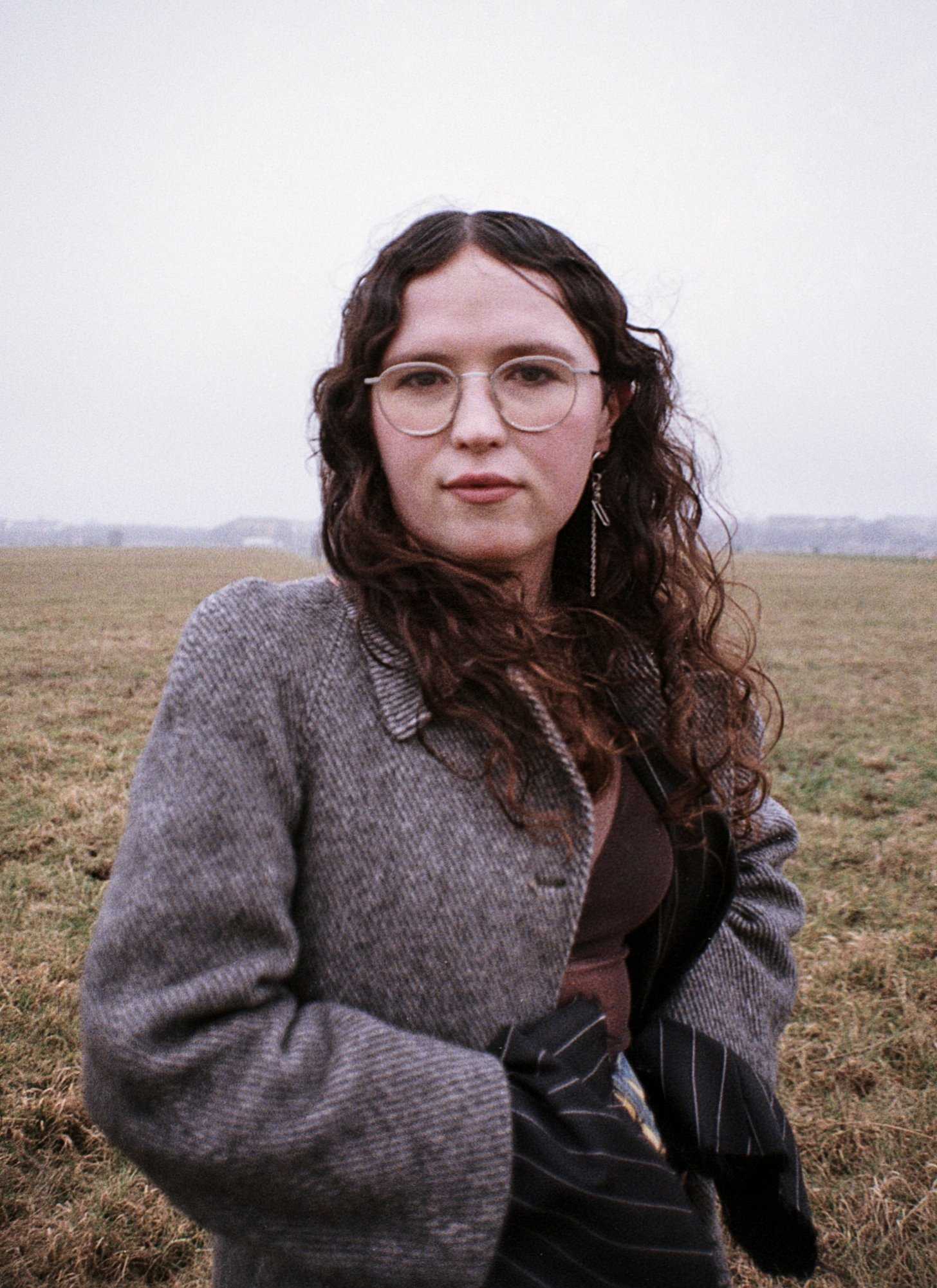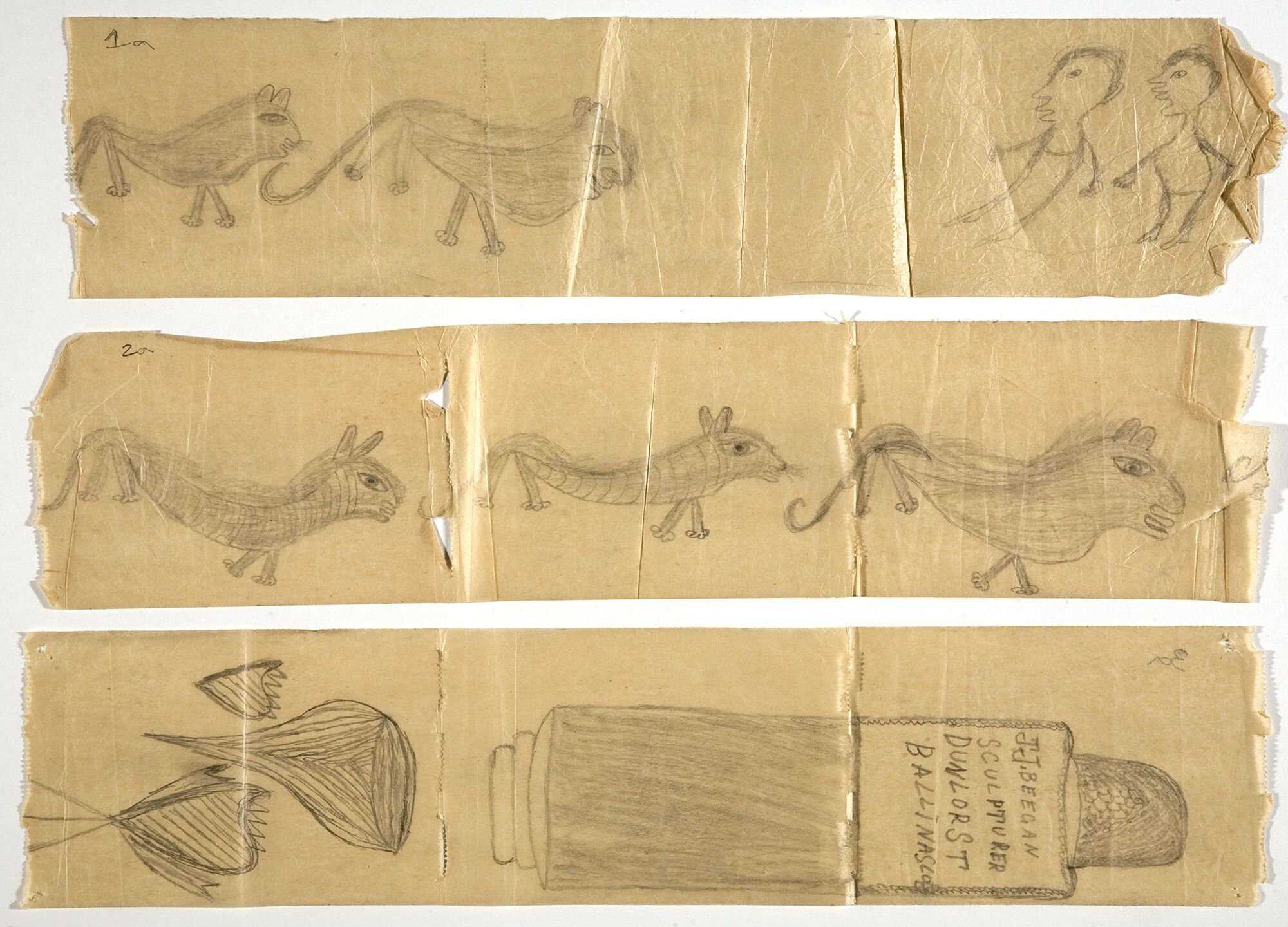2023 OPEN CALL ~ deadline: 19 March ~ TULCA Festival of Visual Arts is pleased to announce details of its Open Call curated by Iarlaith Ni Fheorais (DAI, 2023); honey, milk and salt in a seashell before sunrise.
TULCA is curated through direct invitation and an Open Call process. The final selection of artworks will be based on thematic connection, artistic quality, and feasibility. Selections are made by the curator in consultation with the TULCA producer.
Application Process:
Deadline: 19 March 2023
Artists are invited to propose the presentation of existing artworks, or the production of new work. Works can be proposed for exhibition in the festival, or as one-off performances / events / workshops / screenings comprising part of the public programme. Work must not have been previously exhibited in Galway.
Please send a single PDF attachment (15MB max) that includes the following:
-
● A concise artist’s statement that tells us about your work and how it might connect or respond to the letter above (250 words max)
-
● CV (2 pages max)
-
● Examples of previous work:
Up to 10 images (must include title; the material / medium; the dimensions / duration; the date of production, and also information on where the work has been shown, if applicable)
Up to 2 web links to video / sound works can be sent (YouTube or Vimeo, extracts should be no longer than 10 minutes. If works are sent in full please suggest a 10-minute excerpt to watch). Include passwords for any private videos.
-
● A clearly outlined proposal of work to be exhibited, including detail about its installation, technical and accessibility requirements (250 words + 3 photos max).
-
● Optional: If this is a proposal for new work, please also include any available visualisations, information on materials, costings, technical and venue requirements (additional 250 words max).
Applications should be submitted via email to opencall@tulca.ie
Notes for Applicants:
TULCA is a focused visual arts festival with limited resources, so please bear this in mind in developing your proposal. TULCA typically takes place across a range of art and non-art venues, such as the An Post Gallery, Galway Arts Centre, NUIG Gallery, University Hospital, Galway City Museum, 126 Gallery and other off-site locations. If you develop a proposal for a specific location or context, we cannot guarantee its availability or feasibility. We encourage artists to take a flexible approach in this regard to allow for a variety of options developed through discussion with the curator.
We will confirm receipt of all applications. Selected artists will be notified no later than 31st March. We regret we are not able to give individual feedback regarding unsuccessful applications.
There is no submission fee
TULCA is a unique festival that provides the opportunity for artists to engage with a wide audience in new and unusual ways, to build new collaborations and to extend your network with artists nationally and internationally. As well as an artist fee, we offer curatorial and artistic development, technical support and a significant press, marketing and audience campaign. The festival will be accompanied by a publication with commissioned writing. TULCA presents a dynamic programme of education within primary and secondary schools and third level institutions.
All applicants should be aware that, if selected, they will be required to do press and promotion work as necessary. TULCA reserves the right to photograph works and to use elements of accepted entries for exhibition for publicity purposes, unless the artist expressly states the contrary in writing. Copyright of all work remains the property of the artist.
honey, milk and salt in a seashell before sunrise
Curatorial brief:
Reflecting on the West of Ireland as a landscape of medical infrastructure and control, artists are invited to consider their own regional relationship to medicine. From St Brigid’s Mental Health Hospital in Ballinasloe as a symbolic site of institutionalised mental illness, to the medical device factories flanking Galway city, to Kilcornan, through Merlin Park TB hospital and onto the Botox factory in Westport, the West of Ireland and the lives of those who live here have been shaped by systems of medicine. In tracing geographies of medicine, illness and disability in the West of Ireland and elsewhere, we might begin to (re)write these knotty legacies into our understanding of nation, modernity and self that reveal stories about ourselves, and where we call home.
Ireland had the one highest rate of incarceration of any country in the mid-20th century, built upon the criminalisation of certain types of disability, pregnancy, gender, sexuality, behaviour, class and mental illness. The majority of those imprisoned - many for life - were patients of mental health hospitals such as Ballinasloe, and were used by every group in society as a means of welfare, punishment and even settling disputes over land and inheritance. These hospitals were found throughout the country, funded by the state with many communities invested in actively perpetuating this carceral system for economic and political gain. What might an emancipatory approach to the body and against the institution tell us about carceral legacies, and inform an abolitionist future? How might we devise a liberatory approach that resists pathologisation and institutionalisation, and moves towards new ways of shaping and caring for ourselves? How can we take ownership over our own bodies and learn from the politics of disability justice, abolition and bodily autonomy, that build solidarity between institutionalised peoples? Through that, how can we address the violence of colonial science, and how it has shaped landscapes and peoples? In reflecting on this history, how do we remember the lives shaped by these places and think critically about how they still impact us today? Through that, how can we recover the voices of those historically made voiceless by these institutions and resist the power of these institutions’ inheritors today?
Taking its title from the description of an Irish folk cure, honey, milk and salt in a seashell before sunrise gestures towards evolving notions of cure and care and their relationship to land. In a region transformed by holy wells, pilgrimages, folk cures, myths, factories and institutions, medicine, illness and disability are profoundly enmeshed into the fabric of this region and many others throughout the world. From this telling, what narratives can be told that deepen our understanding of being in a body and a place?
3 - 19 November 2023


